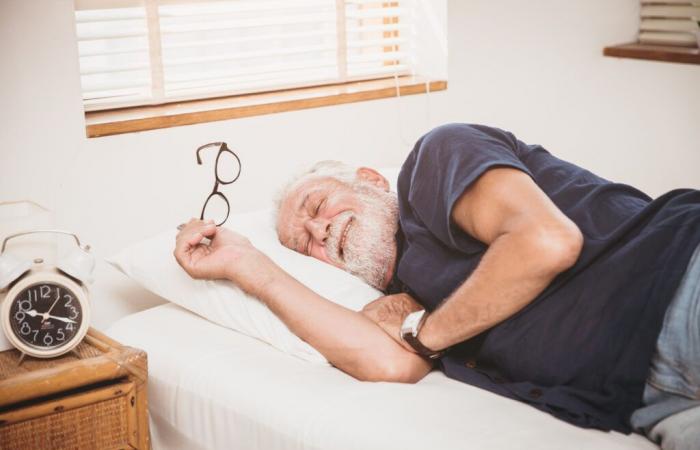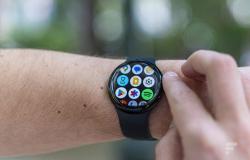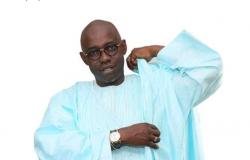“Good sleep quality and duration are essential factors for both heart health and brain health,” says lead author Dr. Sara Hassani of the Duke University School of Medicine, also a member of the American Academy. of Neurology: “We know that abnormally long or short sleep after a stroke affects recovery and degrades quality of life. Our results call for detect these sleep disorders in our stroke patients ».
The study is conducted on data from 39,559 participants, including 1,572 who suffered a stroke. Every 2 years, participants reported their sleep duration. The researchers took into account how often participants had normal sleep duration, defined as 6 to 8 hours. The analysis finds that:
- normal sleep duration is less common in people who have had a stroke than in participants without a history of stroke;
- this result applies to all age groups, i.e. normal sleep duration rates of
- 32% vs. 54% for people aged 18 to 44;
- 47% vs 55% for people aged 45 to 64;
- 45% vs 54% for people over 65.
- After adjustment for possible confounding factors, including age, weight and high blood pressure (hypertension), people who have had a stroke are 54% more likely to report getting more than 8 hours of sleep per nightt vs absence d’AVC ;
-
people with a stroke are also 50% more likely to sleep less than 6 hours per night vs. without a stroke.
Previous research has already linked stroke to abnormal sleep, and in particular to obstructive sleep apnea syndrome (OSAS). “Disorders such as insomnia and excessive sleepiness are common in stroke patients and may occur as a direct or indirect consequence of the stroke itself”conclude the researchers.
Health






